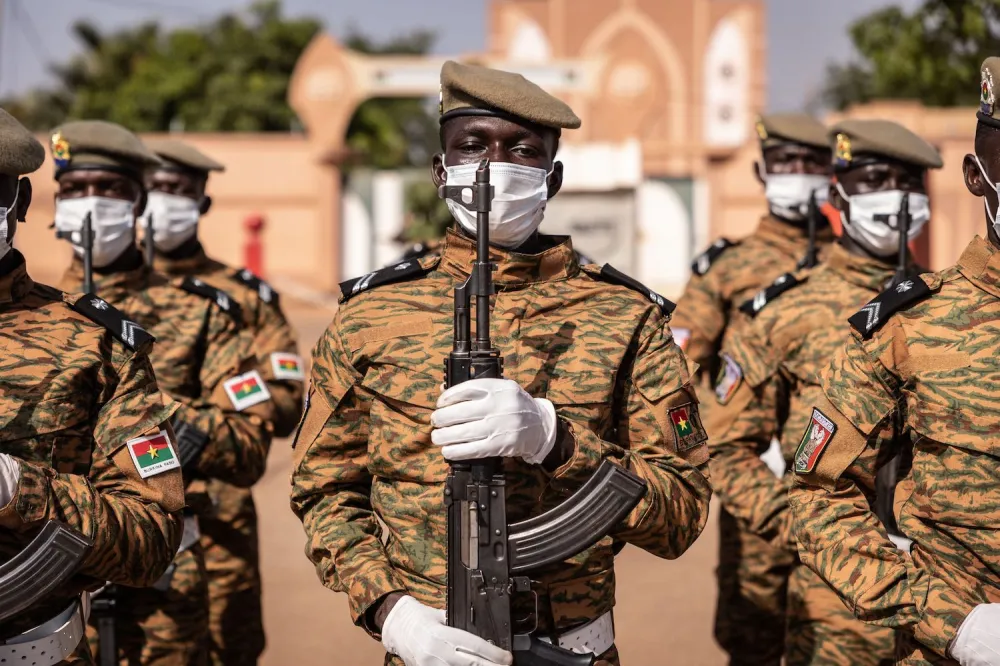
In a region where diplomatic tensions continue to rise, Morocco is taking a strategic turn by deepening military cooperation with the Sahel.
The kingdom has opened its training facilities to soldiers from Mali and Burkina Faso, marking a decisive shift in regional alliances and signaling a reconfiguration of military partnerships in the Maghreb-Sahel space.
Currently, over a hundred Malian and Burkinabe troops are undergoing rigorous training in Moroccan military academies.
The sessions focus on airborne combat, tactical maneuvers, and air mobility operations, all designed to sharpen the responsiveness and technical capabilities of the Sahelian forces.
Moroccan instructors, including elite parachute units, are leading the exercises, which include coordinated drills and terrain-based simulations.
“This partnership demonstrates the ESA countries’ commitment to enhancing the operational readiness of their armies,” noted a senior training officer during a session broadcast by Mali’s ORTM.
The footage highlighted joint field exercises and close coordination between Moroccan and Sahelian personnel—an unprecedented level of collaboration between Rabat and the military-led governments in Bamako and Ouagadougou.
The move comes amid a sharp deterioration in relations between Algeria and the Alliance of Sahel States (ESA), which includes Mali, Burkina Faso, and Niger.
Earlier this year, a Malian aircraft was shot down by Algerian defense forces in a disputed airspace incident, prompting ESA states to close their skies to Algerian aircraft and recall diplomatic envoys.
While Algeria has responded with internal restrictions and expulsions targeting Sahelian nationals, Morocco has extended a hand of cooperation—leveraging military diplomacy to reinforce its presence in West Africa.
Observers say this approach gives ESA members access to advanced defense training without reliance on Western partners.
More than a tactical collaboration, analysts view this military partnership as part of a long-term realignment.
For Rabat, the cooperation consolidates its influence in the region through soft-power military engagement. For the ESA bloc, it offers autonomy and alternatives in building regional security capacity.
Behind closed doors and far from global headlines, the future of regional power dynamics is being shaped in training camps, not just diplomatic halls.



